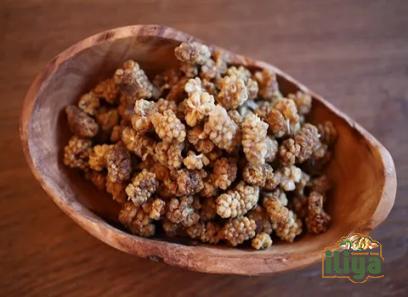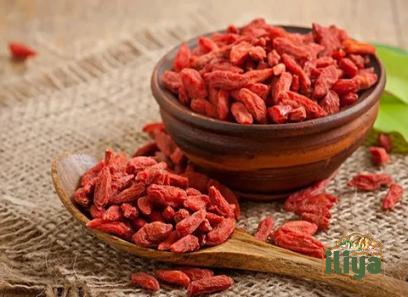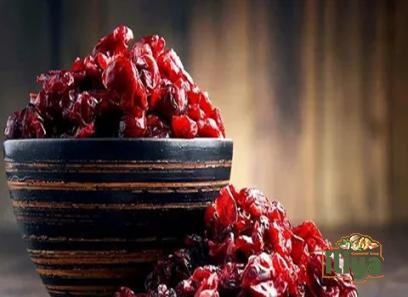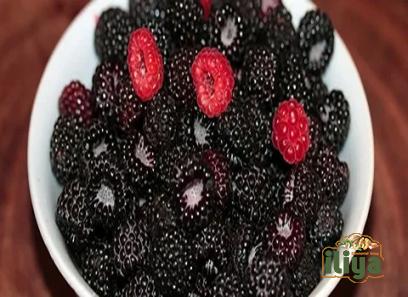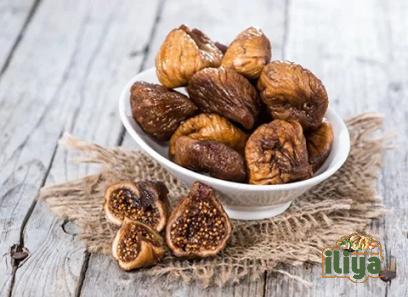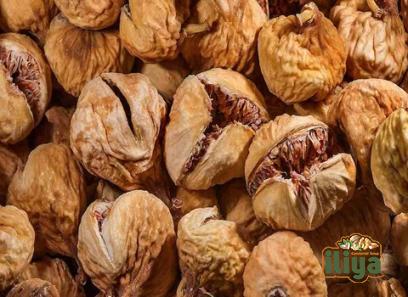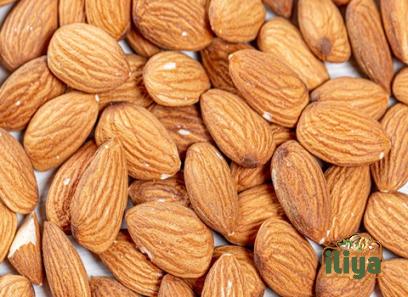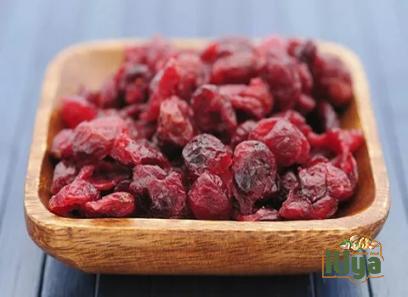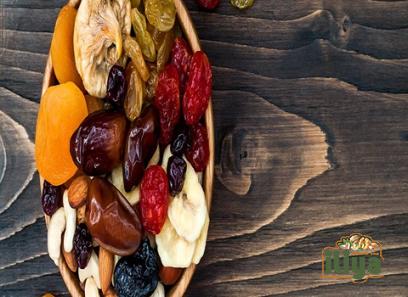Raw cashew nuts, obtained from the Anacardium occidentale tree, play a significant role in both global cuisines and international trade. This summary provides an overview of raw cashew nuts, highlighting their origins, nutritional value, processing methods, and the global market that anchors their demand.
1. Origins and Cultivation: Raw cashew nuts are primarily sourced from countries such as India, Vietnam, Nigeria, Ivory Coast, and Brazil. These tropical regions provide the ideal climatic conditions and fertile soils necessary for the growth of cashew trees. The cultivation of cashews involves a lengthy process, including planting, harvesting, and processing the nuts to obtain the sought-after raw cashew nuts.
2. Nutritional Value and Health Benefits: Raw cashew nuts are not only delicious but also pack numerous essential nutrients. They are an excellent source of healthy fats, protein, fiber, vitamins, and minerals. Consuming raw cashew nuts has been associated with various health benefits, including improved heart health, weight management, and enhanced bone strength.
3. Processing Methods: Raw cashew nuts undergo several stages of processing before reaching consumers in their final form. The initial step involves harvesting the nuts, separating them from the fruit, and drying them naturally or artificially. The next phase entails removing the hard outer shell, or the cashew shell, to expose the edible kernel. This process is often manually carried out due to the shape and structure of the cashew nut.
4. Roasting and Flavoring: Once the outer shell is removed, raw cashew nuts can be subjected to roasting or flavoring processes to enhance their taste and texture. Roasting can be done using various methods, such as dry roasting, oil roasting, or salt roasting. Flavoring options include spices, honey, or other natural ingredients, allowing for the creation of a diverse range of flavored cashew nuts that cater to different consumer preferences.
5. Global Market and Economic Significance: The global market for raw cashew nuts is substantial, with growing demand fueled by both domestic consumption and international trade. Countries such as India, Vietnam, and the United States are major importers of raw cashew nuts, while producers like Nigeria, Ivory Coast, and Brazil are primary exporters. The cashew industry contributes significantly to the economies of cashew-producing nations, providing employment opportunities and promoting economic development.
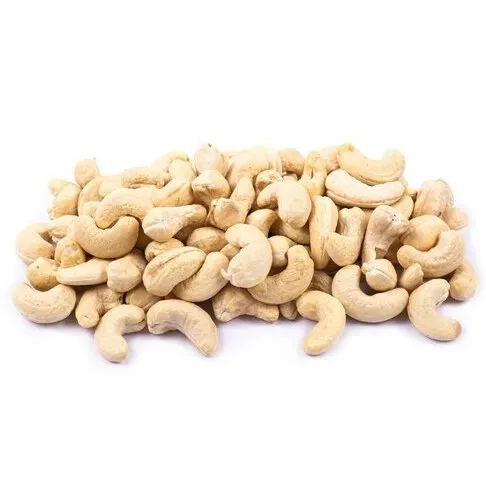
6. Value-Added Products: Apart from raw cashew nuts, the cashew industry offers a range of value-added products. Cashew kernels, obtained after processing, are used extensively in cuisines worldwide. These kernels find their way into snack manufacturing, as a topping in desserts, and even as an ingredient in curries and other savory dishes. Cashew butter, milk, and oil are other popular derivatives that have gained attention in recent years due to their nutritional value and versatility.
7. Challenges and Opportunities: Despite the growing global demand for raw cashew nuts, the industry faces several challenges. Varying weather patterns, pests and diseases, and price fluctuations can significantly impact cashew production. Additionally, ensuring fair trade practices, improving processing techniques, and promoting sustainable cultivation practices are key opportunities to be explored within the cashew industry.
In conclusion, raw cashew nuts are a versatile and nutritious ingredient that enjoys popularity in various cuisines worldwide. The processing and global trade of raw cashews contribute significantly to the economies of cashew-producing nations. As consumer preferences and awareness of health benefits continue to grow, the demand for raw cashew nuts and its value-added products is expected to rise.
Word Count: 610 words.Exploring the World of Raw Cashew Nuts: Origins, Nutritional Value, Processing, and Global Market
I. Introduction
Raw cashew nuts are a versatile and popular ingredient that has gained prominence in various cuisines worldwide. Not only do they add a unique flavor and texture to dishes, but they also offer numerous nutritional benefits. The raw cashew nut industry spans across different countries, contributing significantly to local economies through cultivation, processing, and international trade. In this article, we will delve into the world of raw cashew nuts, exploring their origins, nutritional value, processing methods, and the thriving global market that drives their demand.
II. Origins and Cultivation
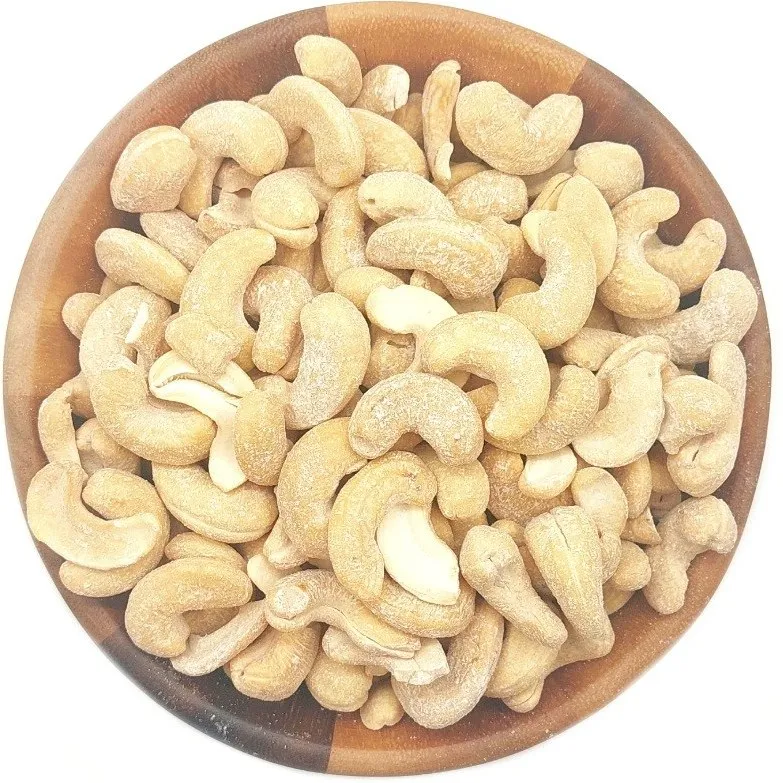
Raw cashew nuts are primarily sourced from countries such as India, Vietnam, Nigeria, Ivory Coast, and Brazil. These tropical regions provide the ideal climate and fertile soils necessary for the growth of cashew trees. Cashew trees are small to medium-sized evergreen trees that thrive in hot and humid conditions. The cultivation process involves planting cashew seeds, which grow into trees within three to five years. Cashew trees produce fruit, known as cashew apples, which contain the raw cashew nuts attached to their bottom. After harvesting, the cashew nuts are separated from the fruit and processed further to obtain raw cashew nuts.
III. Nutritional Value and Health Benefits
Raw cashew nuts are not only a delicious snack but also a nutritional powerhouse. They are an excellent source of healthy fats, protein, fiber, vitamins, and minerals. Cashews are rich in monounsaturated fats, which are known to promote heart health and reduce the risk of cardiovascular diseases. They also contain essential minerals such as magnesium, copper, zinc, and phosphorus, which contribute to bone strength and overall immunity. Moreover, raw cashew nuts are a good source of plant-based protein, making them a valuable food for vegans and vegetarians. Consuming raw cashew nuts has been associated with numerous health benefits, including improved heart health, weight management, and enhanced brain function.
IV. Processing Methods
Raw cashew nuts undergo several stages of processing before reaching consumers in their final form. The initial step involves harvesting the nuts, separating them from the cashew apples, and drying them naturally or artificially. Drying is crucial to prevent the nuts from spoiling and to reduce their moisture content for easy extraction. After drying, the nuts are further processed to remove the hard outer shell, known as the cashew shell, and expose the edible kernel. This process, often carried out manually due to the unique shape and structure of the cashew nut, requires careful handling and precision to avoid damaging the kernel.
V. Roasting and Flavoring
Once the outer shell is removed, raw cashew nuts can be subjected to roasting or flavoring processes to enhance their taste and texture. Roasting can be done using various methods, such as dry roasting, oil roasting, or salt roasting. Each method imparts a unique flavor profile to the cashew nuts. Dry roasting involves placing the nuts on a heated surface, allowing them to develop a natural toasty flavor. Oil roasting involves submerging the nuts in oil, resulting in a richer and more indulgent taste. Salt roasting, as the name suggests, involves coating the nuts with salt before roasting, adding a savory kick to the cashews. Flavoring options for cashew nuts are endless, ranging from spices like chili powder or cumin to sweet coatings like honey or caramel. These processes create a diverse range of flavored cashew nuts to cater to different consumer preferences.
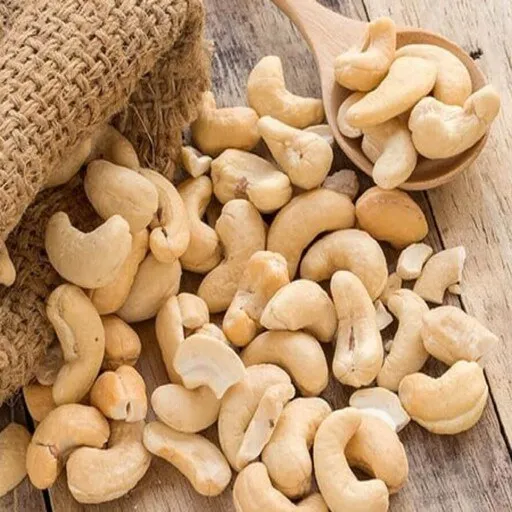
VI. Global Market and Economic Significance
The global market for raw cashew nuts is substantial, with growing demand fueled by both domestic consumption and international trade. Countries such as India, Vietnam, and the United States are major importers of raw cashew nuts, while producers like Nigeria, Ivory Coast, and Brazil are primary exporters. According to the International Nut and Dried Fruit Council (INC), the global cashew production reached 3.4 million metric tons in 2020, with Vietnam and India accounting for the highest production volumes. The cashew industry contributes significantly to the economies of cashew-producing nations, providing employment opportunities and promoting economic development. In addition, the cashew trade fosters international relations, as countries rely on each other for supply and demand.
VII. Value-Added Products
Apart from raw cashew nuts, the cashew industry offers a range of value-added products that have gained popularity in recent years. Cashew kernels, obtained after processing, are used extensively in cuisines worldwide. These kernels find their way into snack manufacturing, as a topping in desserts, and even as an ingredient in curries and other savory dishes. Cashew butter, a creamy and spreadable alternative to traditional nut butter, has become increasingly popular among health-conscious consumers. Cashew milk, a plant-based alternative to dairy milk, is not only suitable for lactose-intolerant individuals but also offers a creamy and nutritious option for all. Cashew oil, extracted from the kernel, is valued for its unique flavor and high smoke point, making it an excellent choice for cooking and dressing salads.
VIII. Challenges and Opportunities
Despite the growing global demand for raw cashew nuts, the cashew industry faces several challenges. Varying weather patterns, including droughts and floods, can significantly impact cashew production and lead to unpredictable harvests. Pests and diseases, such as cashew nut rots and weevils, pose a threat to cashew trees and require constant monitoring and control measures. Additionally, price fluctuations in the global market can affect the profitability and sustainability of cashew farmers and processors. However, these challenges also present opportunities for innovation and growth within the industry. Investing in research and development to develop disease-resistant varieties, adopting sustainable cultivation practices, and promoting fair trade initiatives can help overcome challenges and pave the way for a more resilient cashew industry.
IX. Conclusion
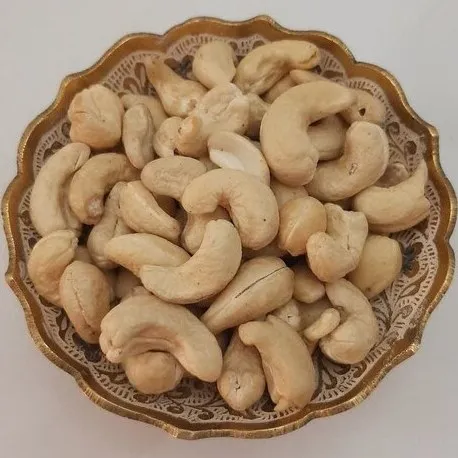
In conclusion, raw cashew nuts are not just a tasty snack but also a valuable ingredient with extensive culinary applications. The processing and global trade of raw cashews contribute significantly to the economies of cashew-producing nations, creating employment opportunities and driving economic growth. Moreover, the nutritional value and health benefits of raw cashew nuts make them an attractive choice for health-conscious consumers worldwide. As the demand for plant-based proteins and natural snacks continues to rise, the raw cashew nut industry is set to thrive further. Embracing sustainability, investing in research, and exploring innovative value-added products are key steps to ensure the long-term success of this beloved ingredient.


